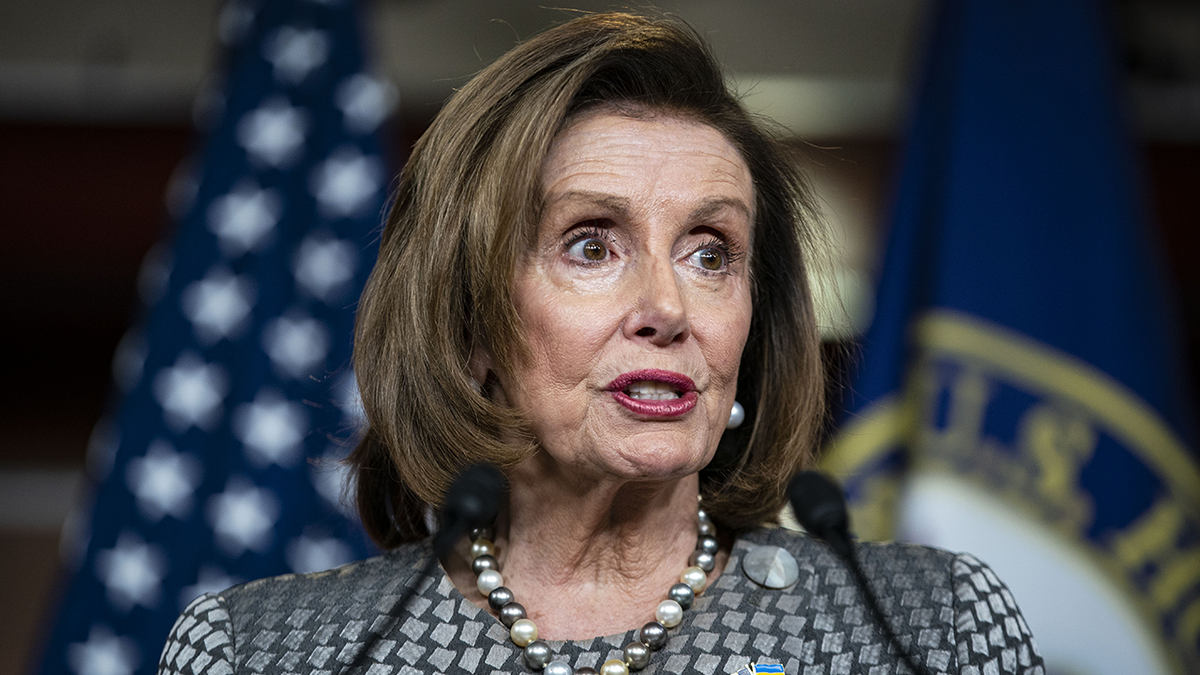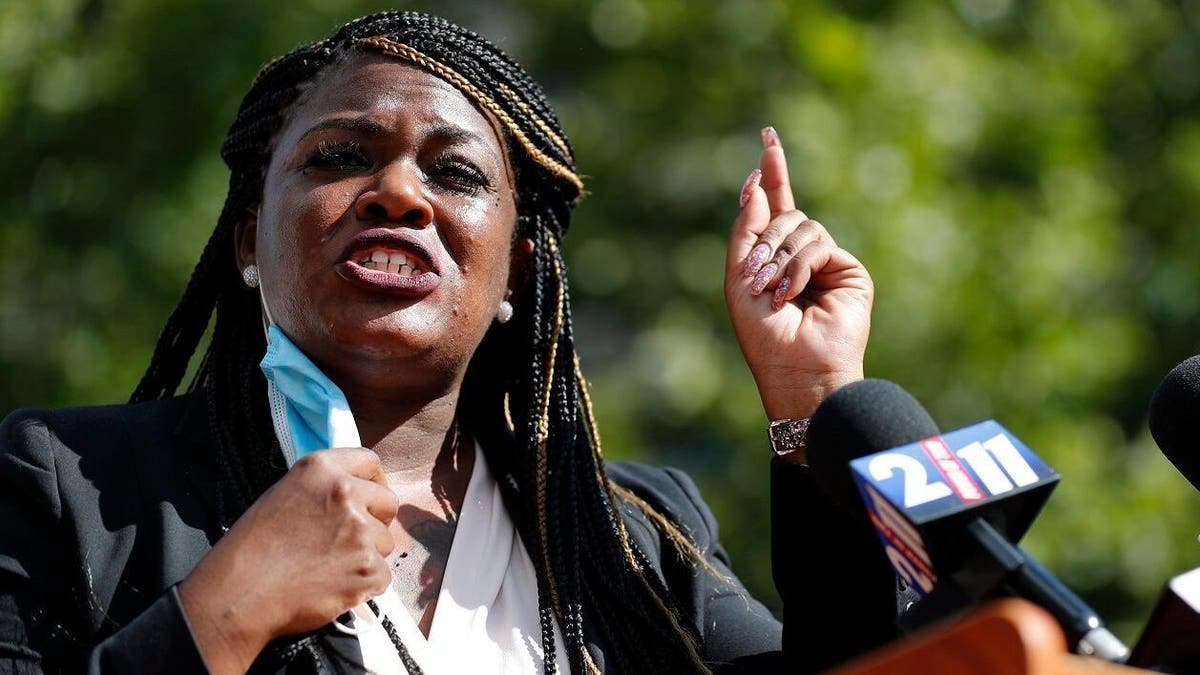Fox News Flash top headlines for August 11
Fox News Flash top headlines are here. Check out what's clicking on Foxnews.com.
More than 150 House members are currently registered as able to vote remotely, with the chamber set to consider Democrats' major social spending and taxation bill Friday.
According to the clerk of the House, 152 members submitted proxy letters as of late Thursday morning. Those letters designate a certain member as able to vote in-person on behalf of the member sending the letter.
That means more than one-third of members may vote remotely Friday, as the House considers the "Inflation Reduction Act," which would raise over $700 billion in taxes and spend more than $400 billion.

House Speaker Nancy Pelosi, D-Calif., continues to authorize proxy voting in her chamber. (Getty Images)
The bill is the product of more than a year of negotiations among Democrats on a party-line social agenda bill. It was previously called "Build Back Better" and was expected to cost more than $3 trillion before being massively scaled back.
Almost all the proxy letters were submitted in the past two weeks ahead of the expected August recess vote.
Members with active proxy letters span both parties, including Reps. Lauren Boebert, R-Colo., Jamaal Bowman, D-N.Y., Cori Bush, D-Mo., James Comer, R-Ky., Byron Donalds. R-Fla., Hakeem Jeffries, D-N.Y., Pramila Jayapal, D-Wash., and many more.

Rep. Cori Bush, D-Mo., is one of more than 150 House members with active proxy letters ahead of the House's vote on Democrats' social spending and tax bill. (AP Photo/Jeff Roberson, File)
MANCHIN-SCHUMER BILL ON GLIDE PATH IN HOUSE; OBSTACLES REMAIN GIVEN DEMOCRATS' DISUNITY
However, just because a member has an active proxy letter does not mean that they will not be present to vote. The number of members submitting proxy letters has traditionally increased when the House is taking votes during holidays, a recess or other times when members do not want to be in Washington, D.C.
Despite this dynamic, proxy voting in the House was instituted for COVID-19 related reasons, according to the resolution that sets establishes the process. In their proxy letters, members write that they are "unable to physically attend proceedings in the House Chamber due to the ongoing public health emergency."

Rep. Lauren Boebert, R-Colo., is one of the House members with active proxy letters ahead of a vote on Democrats' social spending and tax bill Friday. (Photo by Joe Raedle/Getty Images)
CLICK HERE TO GET THE FOX NEWS APP
House Speaker Nancy Pelosi, D-Calif., most recently extended the period under which the proxy voting applies to Sept. 26. It is unclear when the House may get rid of its proxy voting rules – the chamber's sergeant at arms continues to certify that there is a public health emergency due to the coronavirus.






